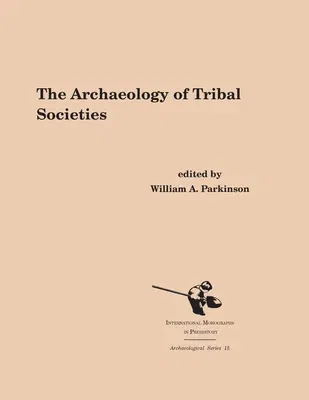The Archaeology of Tribal SocietiesPaperback, 1 March 2002

Qty
1
Turbo
Ships in 2 - 3 days
In Stock
Free Delivery
Cash on Delivery
15 Days
Free Returns
Secure Checkout

Part of Series
International Monographs in Prehistory: Archaeological
Part of Series
International Monographs in Prehistory: Archaeological Series, 19
Part of Series
Archeological Series; 15
Part of Series
Archaeological
Print Length
438 pages
Language
English
Publisher
Berghahn Books
Date Published
1 Mar 2002
ISBN-10
1879621347
ISBN-13
9781879621343
Description
Product Details
Book Format:
Paperback
Country of Origin:
US
Date Published:
1 March 2002
Dimensions:
27.69 x
21.34 x
2.79 cm
Genre:
Ancient (To 499 A.D.)
ISBN-10:
1879621347
ISBN-13:
9781879621343
Language:
English
Location:
New York, NY
Pages:
438
Publisher:
Series:
Weight:
1043.26 gm